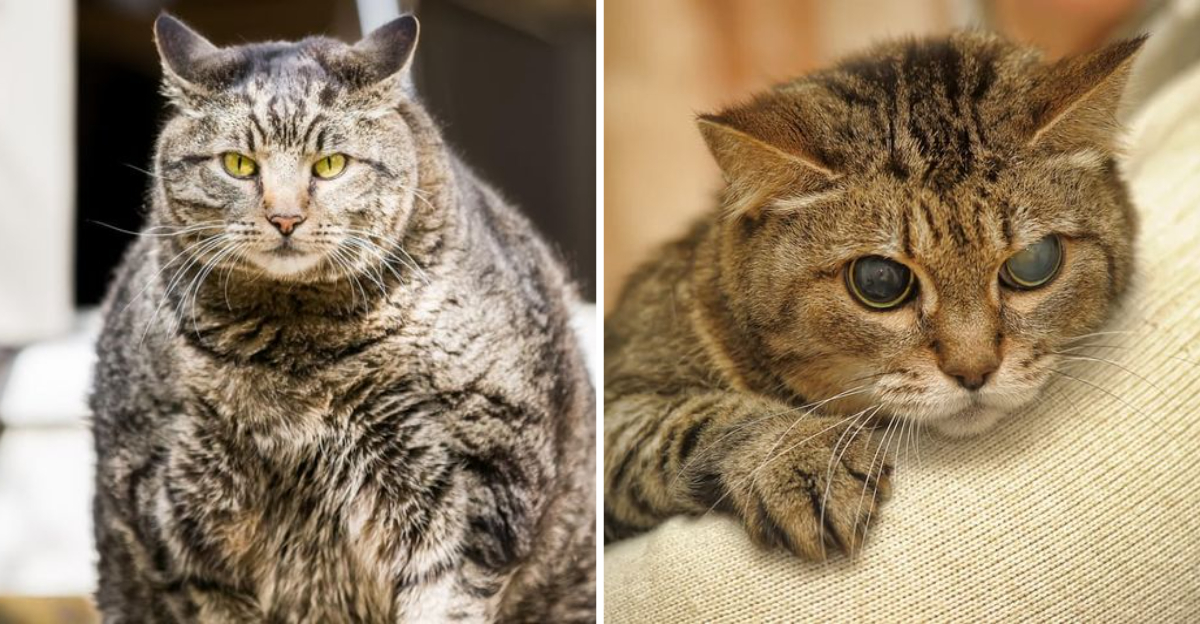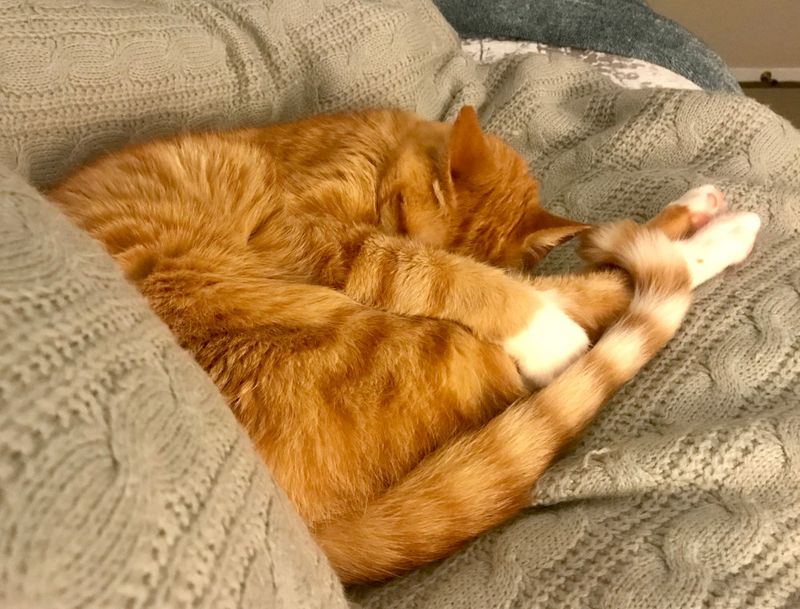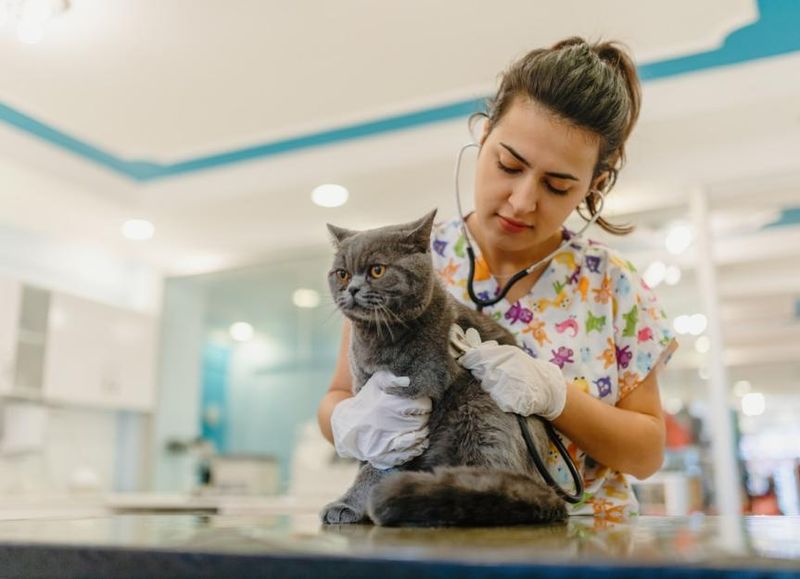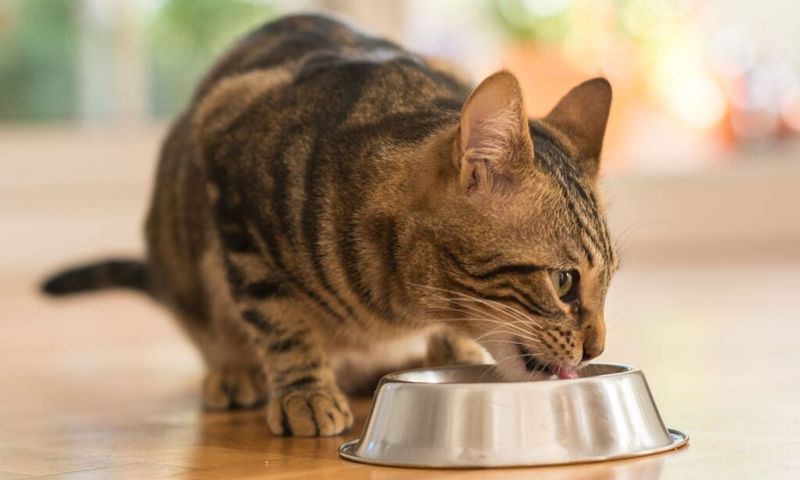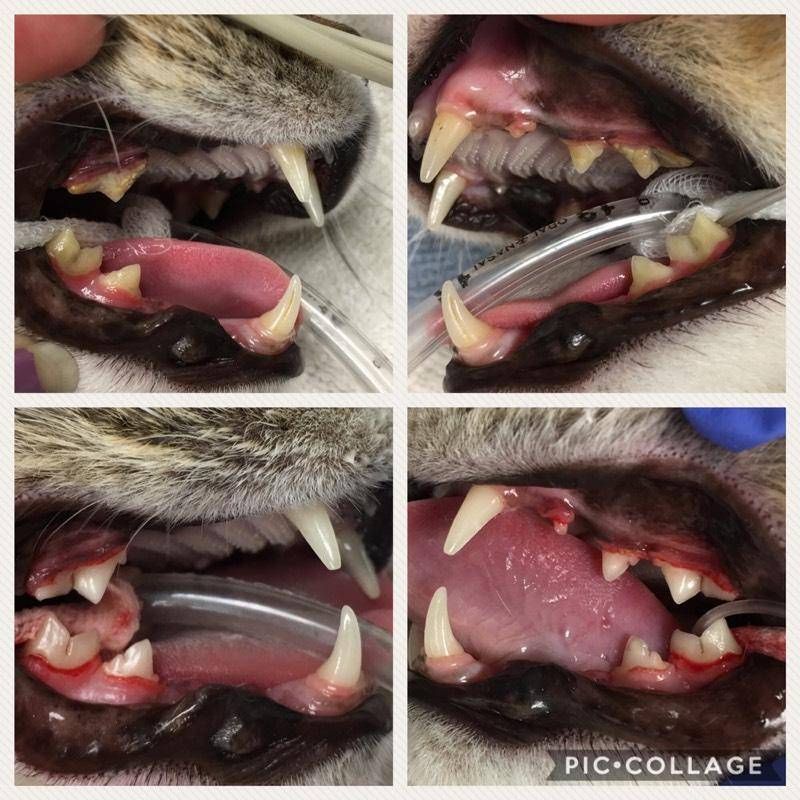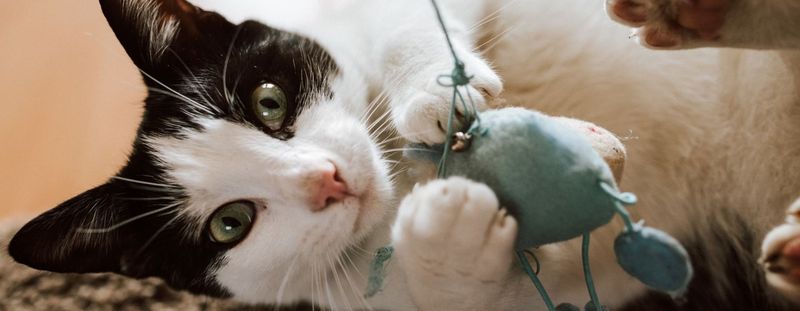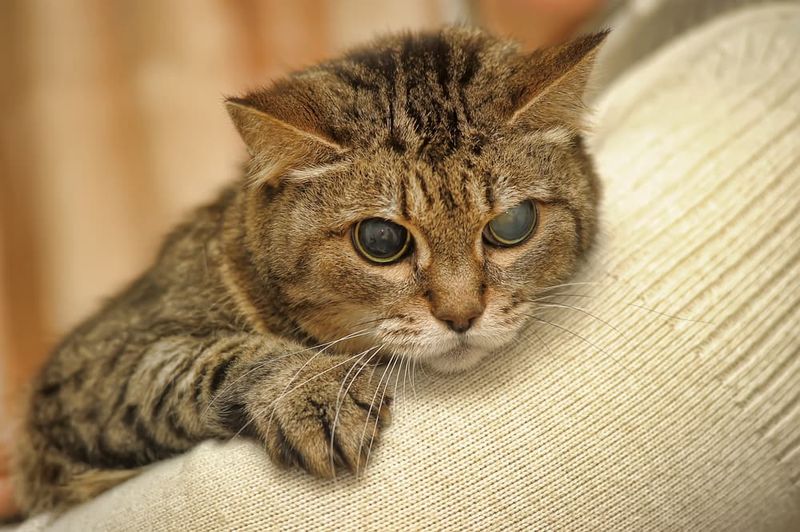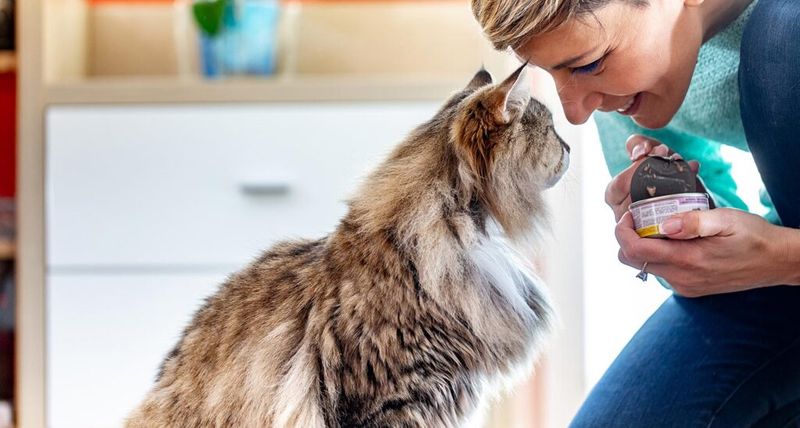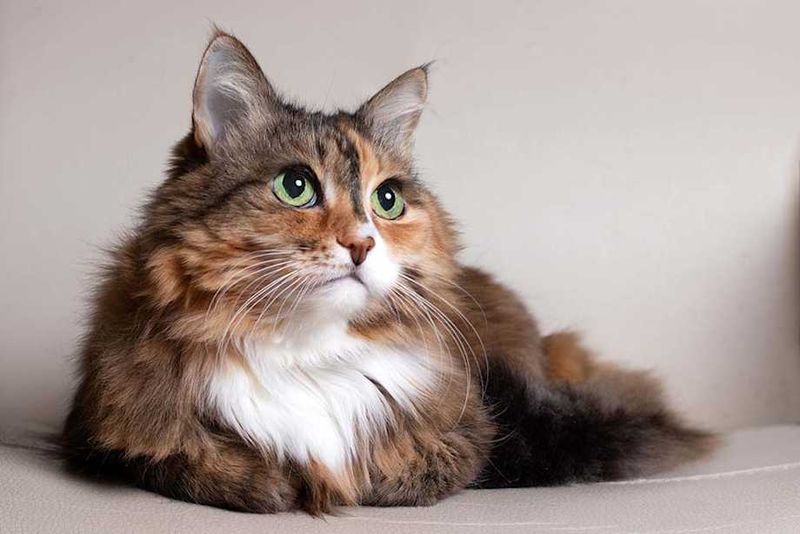📖 Table of Content:
As cats age, they become more susceptible to various health issues. Recognizing these conditions early and implementing appropriate management strategies can significantly enhance your senior cat’s quality of life. Here are 12 common health issues in senior cats and how to manage them.
1. Arthritis (Osteoarthritis)
Arthritis creeps in silently, causing your once sprightly feline to move with visible discomfort. Limping and stiffness become unwelcome companions. Consider soft bedding, ramps, and low-entry litter boxes to ease their daily life. A vet consultation might lead to medications or supplements. Picture your cat relishing a pain-free nap on plush cushions, cushions you strategically placed because you understand their need for comfort. As mobility declines, each jump or climb becomes a challenge. Your empathy and proactive adjustments are the key to preserving their dignity and joy.
2. Kidney Disease (Chronic Kidney Disease – CKD)
In the twilight of their lives, senior cats often face Chronic Kidney Disease, a silent disruptor of well-being. Increased thirst and urination signal its presence. You can counter this with hydration, offering a moisture-rich diet and scheduling regular vet check-ups. Imagine your cat, gracefully sipping from a water fountain, a simple act of nurturing health. This flowing gesture reinforces their vitality, and the special diet provides the nourishment they deserve. By understanding these needs, you become the guardian of their precious twilight years.
3. Hyperthyroidism
Hyperthyroidism in senior cats often presents a peculiar paradox: a voracious appetite accompanied by weight loss. You’ll notice them eating with unparalleled enthusiasm yet growing slimmer. Treatment varies; medication, dietary changes, or radioactive iodine therapy may be recommended. Picture your cat, engaged in a meal with gusto, unaware of the underlying condition at play. As you watch, you’re reminded of the delicate balance you help maintain, ensuring their days are filled with nourishment and energy.
4. Dental Disease
Dental disease sneaks up on senior cats, manifesting through bad breath and difficulty eating. Swollen gums and drooling are tell-tale signs. Regular tooth brushing, dental treats, and professional cleanings become vital. Visualize your cat, contentedly allowing a gentle tooth brushing, a routine that staves off infections and tooth loss. The bond you share grows as you participate in this simple yet crucial ritual. With each brush, you contribute to their comfort, ensuring mealtime remains a pleasure, not a struggle.
5. Cognitive Dysfunction (Feline Dementia)
Aging brings cognitive challenges for felines, akin to dementia in humans. Disorientation and disrupted sleep patterns disrupt their routine. Picture a senior cat, curiously engaging with a puzzle toy, a mental exercise easing cognitive decline. Maintaining a consistent environment and routine becomes key. Your patience pays off as you witness moments of clarity and joy. With each interaction, you’re not just combating confusion but fostering an environment where your cat’s mind remains active and engaged.
6. Diabetes Mellitus
Diabetes Mellitus, a common ailment in senior cats, presents as increased thirst, urination, and weight loss despite a good appetite. Management demands a high-protein, low-carb diet and regular monitoring. Envision your cat savoring a meal tailored for diabetic care, each bite a preventive action. It’s a harmony of science and care, where diet becomes a form of medicine. As you watch your cat thrive, the importance of meticulous attention and nourishing food becomes profoundly clear, illustrating your commitment to their health.
7. Cancer
In the life of a senior cat, cancer can emerge as an unexpected adversary, marked by lumps, unexplained weight loss, and lethargy. Treatment varies—surgery, chemotherapy, or radiation might be necessary. Picture a serene veterinary visit, where your cat undergoes gentle screening, embodying care and vigilance. As you navigate this journey, you become a steadfast ally, translating medical advice into a loving commitment. Each step you take reinforces the bond, turning a daunting diagnosis into a shared path of hope and care.
8. Heart Disease
Heart disease in senior cats often manifests as coughing, difficulty breathing, and lethargy. Management may involve medication or a special diet. Envision your cat resting peacefully, each breath steady and calm. This tranquil scene results from meticulous care and veterinary guidance. By fostering a serene environment and adhering to prescribed treatments, you create a sanctuary for your feline friend. It’s this commitment that transforms a challenging diagnosis into a journey marked by compassion and resilience, keeping their heart strong and spirits high.
9. Hearing and Vision Loss
As senses fade, senior cats may grapple with hearing and vision loss. Disorientation and reluctance to move are common. Imagine a safe indoor haven, where your cat explores confidently, guided by familiar scents and textures. This consistent environment offers comfort amidst sensory decline. With each gentle touch and familiar sound, you become their guiding light. By maintaining this nurturing space, you ensure their world remains inviting, allowing them to navigate life with dignity and security, even as their senses dim.
10. Gastrointestinal Issues
Gastrointestinal issues in senior cats often manifest as vomiting, diarrhea, and decreased appetite. Proper management involves veterinary consultation for diagnostics and treatments, including dietary adjustments. Picture your cat enjoying a vet-recommended meal, its coat glossy and eyes bright. This isn’t just sustenance; it’s a tailored solution addressing their unique needs. By embracing these adjustments, you play a pivotal role in restoring their health and vitality, ensuring they relish each meal and moment with gratitude and vigor.
11. Obesity
Obesity, a silent threat to feline health, manifests as extra weight and lethargy. Imagine your senior cat playfully chasing a feather toy, a delightful exercise promoting weight management. Portion-controlled feeding and a tailored weight management plan are essential. Through these playful interactions, you cultivate a lively spirit in your cat, breaking the cycle of inactivity. Each playful pounce becomes a step towards healthier living, illustrating the transformative power of active engagement and mindful feeding.
12. Urinary Tract Issues
Urinary tract issues often disrupt the tranquility of a senior cat’s life, manifesting as frequent urination, straining, or accidents. Imagine a pristine litter box, inviting and accessible, where your cat feels at ease. Adequate hydration and veterinary care become cornerstones of management. As you diligently maintain this environment, you create a haven of comfort and health for your feline friend. Each proactive step taken ensures their well-being, illustrating your unwavering dedication to their quality of life.
